As with many battles in our history, the site and the exact date Boudica's last battle is not known. The date of 60/61 is considered to the be the year it took place, and the site where this female warrior took on an army is thought to have been in the middle of England.
Her rape, and that of her daughters is thought to have been Boudica motivation of her cause, bringing together the indigenous tribes of Britain against the might of the Roman empire.
Roman historian Tacitus wrote of what Boudica said that day:
and he also wrote that Gaius Suetonius Paulinus, the Roman leader addressing his troops said:
"Ignore the racket made by these savages. There are more women than men in their ranks. They are not soldiers, they're not even properly equipped. We've beaten them before and when they see our weapons and feel our spirit, they'll crack. Stick together. Throw the javelins, then push forward: knock them down with your shields and finish them off with your swords. Forget about plunder. Just win and you'll have everything."
Was Tacitus placing Boudica on a pedestal so that in the eyes of his Roman readers their mighty army could knock her down and put Britain in its place?
The Roman's were not stupid, they did learn a lesson, they were more careful when dealing with the British and its people after that. In this famous battle the Roman army was massively outnumbered but it was their strength and superior weapons that enabled them to inflict such a crushing defeat.
Maybe Boudica's fate was like that of the Welsh hero Owen Glyndwr or Cornish King Arthur, both men disappeared after a battle without a trace, after which they were never heard of again. Maybe, like the Welsh and the Cornish expected of their heroes, Boudica will one day appear to save us from our enemies.
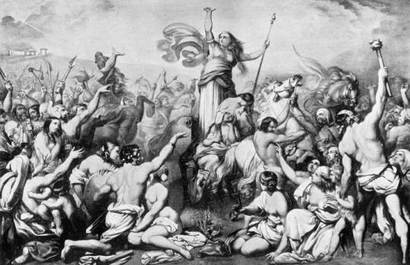
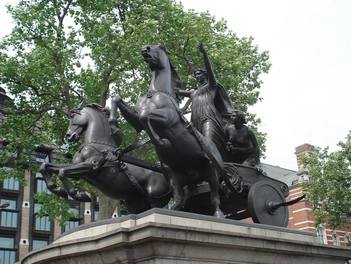
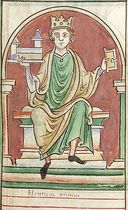
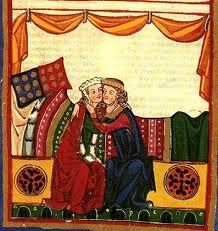
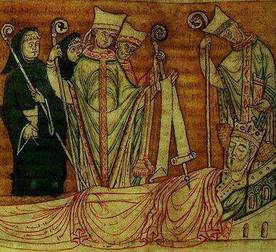
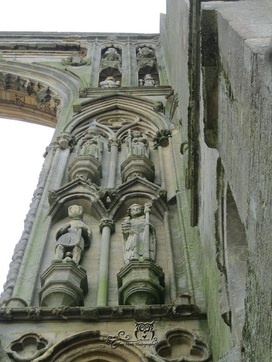
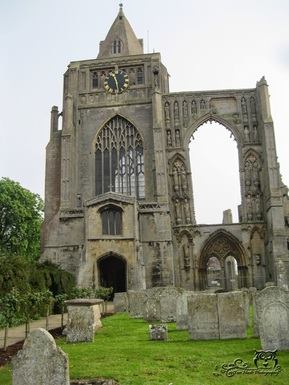
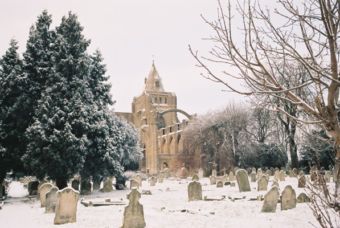
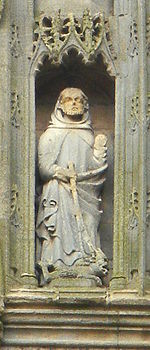
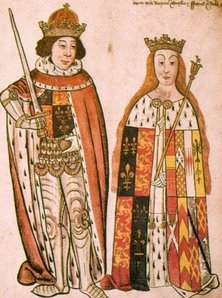
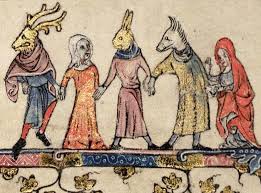

 RSS Feed
RSS Feed
